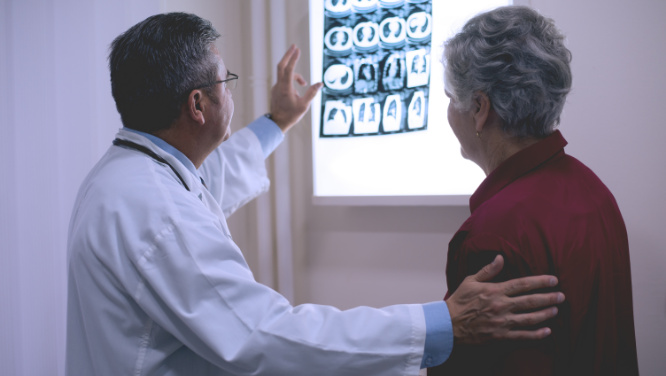Wednesday, 20 September 2023
Kalp hastalShortness of Breath in Heart Patientsarında nefes darlığı
At the Cardiology Department of Anadolu Medical Center, we provide services in the areas of interventional cardiology, non-invasive cardiology, heart failure clinic, electrophysiology and arrhythmia.
Cardiology Department
Prof. Ertan Ökmen
Cardiology Department
Prof. Nevrez Koylan
Cardiology Department
MD. Gürsel Ateş
Cardiology Department
MD. Nermina Alagiç
Cardiology Department
Dr. Ersin Özen
Videos
All videosHipertansiyon Nedir?
Hipertansiyon Nedir?
Aile Faktörü Kalp Hastalıklarında Ne Derece Etkili? - Dr. Nermina Alagıç - FOX TV
Kanser Hastasının Kalp Hastalığı Açısından Riski
Kanser Hastaları İçin Kalbi Koruma Yolları
Kalp sağlığı ve Onkokardiyoloji - Prof. Dr. Ertan Ökmen - FOX TV
Hipertansiyon Kontrol Edilebilir Mi?
Hipertansiyonun Türleri Var Mıdır?
Doğru Tansiyon Nasıl Ölçülür?
Hipertansiyon Cinsel Hayatı Etkiler Mi?
Hipertansiyon Kimlerde Görülür?
El Bileğinden Anjiyo Nasıl Yapılır?
El Bileğinden Anjiyonun Avantajları
El Bileğinden Anjiyo Sırasında Balon Stent Uygulanabilir Mi?
Hipertansiyon Nasıl Kontrol Edilir?
Hipertansiyon Nedir? (Hipertansiyon Böbreklere Zarar Verir Mi?)
Damar Tıkanıklığı Hangi Yaşlarda Görülür?
Damar Tıkanıklığı Nasıl Oluşur, Belirtileri Nelerdir?
Damar Tıkanıklığı Tedavisi
Kanser Tedavisinin Kalp Üzerindeki Etkisi

We listen to your opinions and suggestions to further enhance our service quality.

You can fill out the form to get a second doctor's opinion on the results of your tests, the diagnosis of your illness, and the treatment options we offer you.

You can receive the healthcare services you need at your home. Please fill out the form for home healthcare services.
Featured Articles
Processing of Personal Data: I consent and approve the processing of my personal data and contact information, which I provided during the registration process, by Private Anadolu Medical Center Hospital and Private Anadolu Health Ataşehir Medical Center, both in relation to my examination, appointment, and treatment, and for all kinds of health-related information, promotions, openings, invitations, event reminders, and communication activities.
Commercial Electronic Message: I agree to receive Commercial Electronic Messages from Private Anadolu Medical Center Hospital and Private Anadolu Health Ataşehir Medical Center for all kinds of health-related information, promotions, openings, invitations, event reminders, and communication activities.